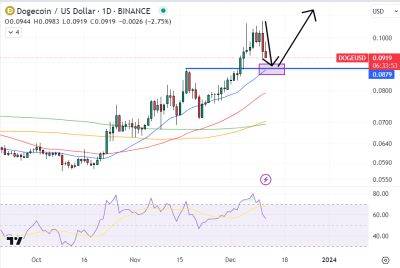Centralized vs. decentralized orders matching on DEXs
In the rapidly evolving realm of DeFi, decentralized exchanges (DEXs) stand as a cornerstone, enabling seamless transactions in a trustless environment.
At the heart of these exchanges lies the mechanism of order matching, a crucial process that pairs buyers with sellers, facilitating the exchange of assets. Traditionally (on order book-based exchanges), order matching has been centralized, with a single entity overseeing the process to ensure efficiency and accuracy.
However, the advent of blockchain technology has paved the way for decentralized order-matching systems, promising to align DEXs with the ethos of decentralization further.
Centralized and decentralized order batchers are central to this discussion, each representing a different approach to order matching.
Centralized order matching operates under the aegis of a central authority that oversees the matching of buy and sell orders. This setup collects orders within a defined time frame and batches them together. Once the batch is complete, a centralized matching engine sifts through the orders, pairing buyers with sellers based on predefined criteria such as price and time of order placement.
Centralized order matching through batchers presents a tried-and-tested mechanism, providing a level of efficiency and accuracy crucial for a seamless trading experience. However, the inherent centralization poses risks and challenges that may not align with the decentralization narrative prevailing in the DeFi space.
As DEXs evolve, the quest for alternative, decentralized order matching systems gathers pace, with smart order routers (SORs) emerging as a potential contender in this decentralized narrative.
Decentralized order matching, symbolized by smart order routers,
Read more on cointelegraph.com






















